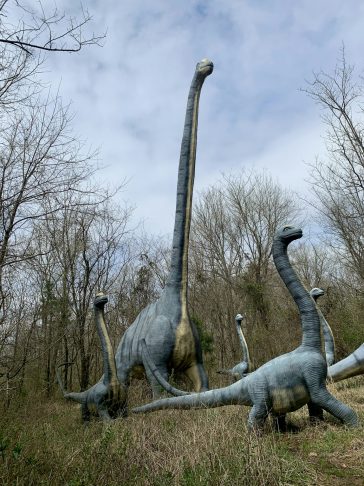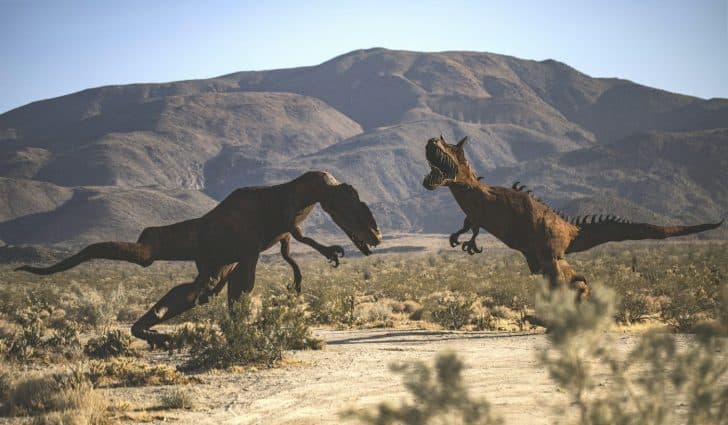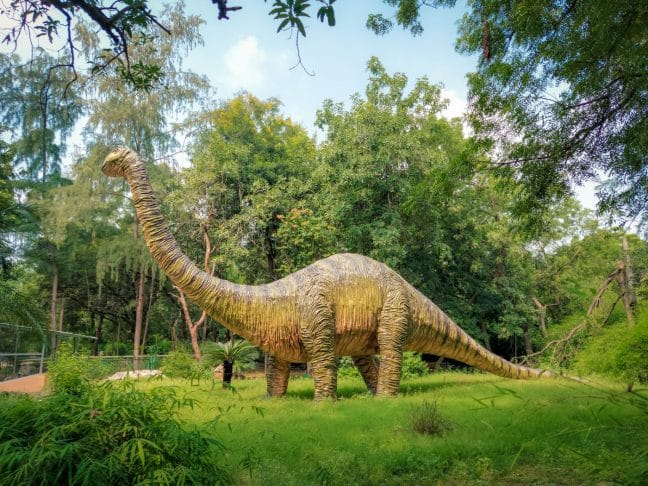A team of scientists from British universities embarked on a groundbreaking study to investigate the methane emissions of sauropods, which included the awe-inspiring Brontosaurus, by extrapolating data from the digestive gas emissions of modern-day cows. Through meticulous analysis and scaling up of these emissions, they unveiled a staggering revelation: dinosaurs collectively emitted a staggering 520 million tonnes of methane annually, a figure strikingly comparable to the total natural and man-made methane emissions observed today.

This revelation, highlighting the significant methane output of prehistoric creatures, sparked curiosity among researchers, prompting them to delve deeper into the potential implications for understanding ancient climate conditions. With livestock emissions already recognized as a substantial contributor to global methane levels, this study aimed to provide valuable insights into the environmental dynamics of the distant past.

Drawing upon estimates of the total dinosaur population during the Mesozoic era, the scientists employed a sophisticated scaling methodology that linked biomass to methane output in cattle. Through this innovative approach, they were able to project that methane levels in the Mesozoic era would have far exceeded current levels, underscoring the profound impact of dinosaur flatulence on ancient atmospheric composition.

This groundbreaking research not only sheds light on the ecological footprint of dinosaurs but also underscores the interconnectedness of past and present climate dynamics. By elucidating the role of prehistoric methane emissions in shaping ancient climate conditions, scientists are poised to deepen our understanding of Earth’s environmental history and inform ongoing efforts to mitigate the impacts of methane emissions on contemporary climate change.

